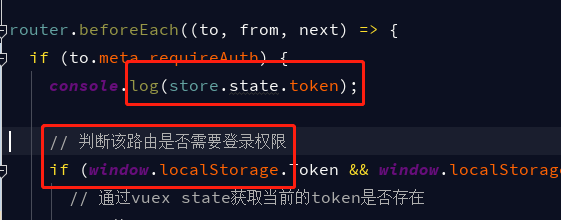可以将文章内容翻译成中文,广告屏蔽插件可能会导致该功能失效(如失效,请关闭广告屏蔽插件后再试):
问题:
I'm trying to scrape a website, but it gives me an error.
I'm using the following code:
import urllib.request
from bs4 import BeautifulSoup
get = urllib.request.urlopen("https://www.website.com/")
html = get.read()
soup = BeautifulSoup(html)
print(soup)
And I'm getting the following error:
File "C:\Python34\lib\encodings\cp1252.py", line 19, in encode
return codecs.charmap_encode(input,self.errors,encoding_table)[0]
UnicodeEncodeError: 'charmap' codec can't encode characters in position 70924-70950: character maps to <undefined>
What can I do to fix this?
回答1:
I fixed it by adding .encode("utf-8") to soup.
That means that print(soup) becomes print(soup.encode("utf-8")).
回答2:
I was getting the same UnicodeEncodeError when saving scraped web content to a file. To fix it I replaced this code:
with open(fname, "w") as f:
f.write(html)
with this:
import io
with io.open(fname, "w", encoding="utf-8") as f:
f.write(html)
Using io gives you backward compatibility with Python 2.
If you only need to support Python 3 you can use the builtin open function instead:
with open(fname, "w", encoding="utf-8") as f:
f.write(html)
回答3:
In Python 3.7, and running Windows 10 this worked (I am not sure whether it will work on other platforms and/or other versions of Python)
Replacing this line:
with open('filename', 'w') as f:
With this:
with open('filename', 'w', encoding='utf-8') as f:
The reason why it is working is because the encoding is changed to UTF-8 when using the file, so characters in UTF-8 are able to be converted to text, instead of returning an error when it encounters a UTF-8 character that is not suppord by the current encoding.
回答4:
For those still getting this error, adding encode("utf-8") to soup will also fix this.
soup = BeautifulSoup(html_doc, 'html.parser').encode("utf-8")
print(soup)
回答5:
While saving the response of get request, same error was thrown on Python 3.7 on window 10. The response received from the URL, encoding was UTF-8 so it is always recommended to check the encoding so same can be passed to avoid such trivial issue as it really kills lots of time in production
import requests
resp = requests.get('https://en.wikipedia.org/wiki/NIFTY_50')
print(resp.encoding)
with open ('NiftyList.txt', 'w') as f:
f.write(resp.text)
When I added encoding="utf-8" with the open command it saved the file with the correct response
with open ('NiftyList.txt', 'w', encoding="utf-8") as f:
f.write(resp.text)


